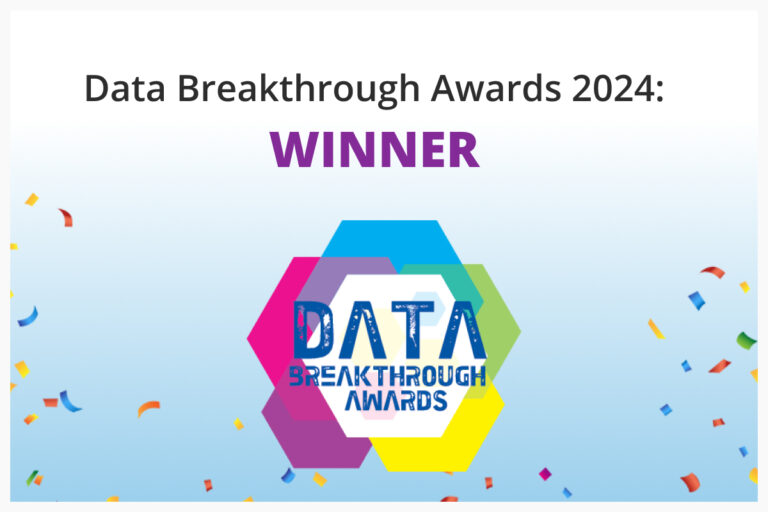 Kumar Goswami is the CEO and co-founder of Komprise. A serial entrepreneur, Goswami shares his pearls of wisdom and how Komprise was founded to solve the growing problem of unstructured data management. This article is adapted from the original version on Medium.
Kumar Goswami is the CEO and co-founder of Komprise. A serial entrepreneur, Goswami shares his pearls of wisdom and how Komprise was founded to solve the growing problem of unstructured data management. This article is adapted from the original version on Medium.
What was the impetus for Komprise?
We saw that data was growing like crazy and there isn’t a lot of innovation, especially in the world of unstructured data. We (myself, and co-founders Mike Peercy and Krishna Subramanian) talked to customers whom we had previously sold to and other CIOs. They told us: we’re drowning in unstructured data, we don’t know how much data we have, and we wish there was something that would help us understand and do something about it. The key “Aha” for us was this feedback: “Don’t just tell me about the data, make sure you can do something about it.” That struck a chord.
What’s the competitive advantage of Komprise Intelligent Data Management?
What makes us stand out is that we’re solving a critical problem in a way that nobody else had thought to solve. But we didn’t just focus on the technical aspects of the solution, we also thought a lot about the business perspective. We wanted to be to be able to show a prospect one view of their data and their costs so they could immediately see the potential ROI. We have a donut chart that our customers love that used to be green, like the color of money. Another differentiator is that we built the product on open standards, so the customer is not locked into our solution. This was risky, because it meant that a customer could kick us out at any time. This is contradictory in the data storage industry where the popular mindset is: “own the data, own the customer.” Our approach forces us to deliver white glove treatment to ensure we’re really solving a customer’s problem. In the process, this has made Komprise stickier with our customers. The way I see it is, if you have data you need Komprise.
Startups can be draining. What keeps you going?
It does get easier as a serial entrepreneur. I can tell you this time was easier than last time. When we started our second company in 2008–2009, it was a tough time economically. This time we are more proven, having had a company acquired. But it’s never easy, especially when you’re doing something new. What keeps me going is customer feedback and knowing the impact we’re having. It’s inspiring when I hear a customer say: “Where the heck have you been all my life? Where were you three years ago?” These are the moments that keep you going—when you know you’re on to something and you just need to crack it open. We want to create something beautiful and elegant that really solves a key problem. Ultimately that’s what motivates us and I know this is the same passion that motivates our employees.
What advice have you received that you now wish you never followed?
Venture capitalists have a lot of advice, but you have to be careful to not blindly follow it as a founder and early-stage CEO. I remember at our first company in the dot-com era, the VCs were telling us to hire ahead of need. There was pressure, but we didn’t follow it completely. We’ve always tried to grow in step with our business.
Is there such a thing as work-life balance as a tech startup founder?
If you’re intense, everything matters. Yet, if everything matters, you’re just hyper and it doesn’t work. So how can you be intense and still be aloof? This is my struggle. This is my journey. I’m still learning this. If you look at our life, we’re all actors on a stage. This is the script I’ve been given. Do this with gusto but remember when the script ends you can get another script. You can move on to another play. This approach helps me to not put so much imperative on this one thing being successful. You give it everything you’ve got because that’s who you are, that’s your nature, but I try to use the weekends to do something with my family. In my first startup I had no balance. There was no such thing as a weekend or vacation. I burned out. Nowadays I do turn off. You can’t let it become your life.
If you’re intense, everything matters. Yet, if everything matters, you’re just hyper and it doesn’t work.
Read the full interview with Jerome Knyszewski on Medium.



